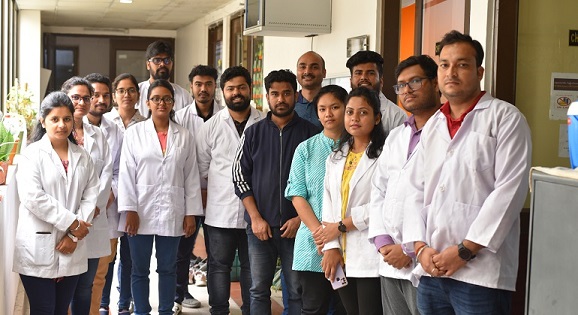‘Pincer’ Catalyst Produces Valuable Formic Acid, Making Methanol a Promising LOHC for the Hydrogen-Methanol Economy
Researchers at the Indian Institute of Technology (IIT) Guwahati has developed a catalyst that can release hydrogen gas from wood alcohol without producing carbon dioxide.
The research, published in the journal ACS Catalysis, offers new possibilities for developing the hydrogen-methanol economy.
The process produces formic acid, a valuable industrial chemical, and makes methanol a promising ‘Liquid Organic Hydrogen Carrier’ (LOHC) that contributes to the concept of the hydrogen-methanol economy.
Hydrogen is the best source of clean energy generation as the world looks to move towards finding alternatives to fossil fuels.
Currently, hydrogen is produced by the electrochemical splitting of water or from bio-derived chemicals such as alcohol.
In the new method, hydrogen is typically produced from methyl alcohol using a catalyst in a process called methanol-reforming.
ALSO READ: RenewSys Doubles PV Module Manufacturing Capacity at Patalganga Facility to 2 GW
The team developed a ‘pincer’ catalyst that selectively produces high-value formic acid and clean-burning hydrogen from wood alcohol, and the reaction occurs at a much lower temperature than conventional methods.
The novel catalytic system is a step towards achieving the global goal of decarbonisation of the planet set for 2050.


